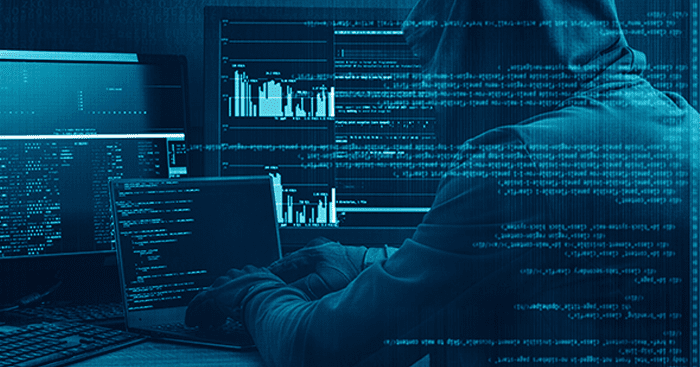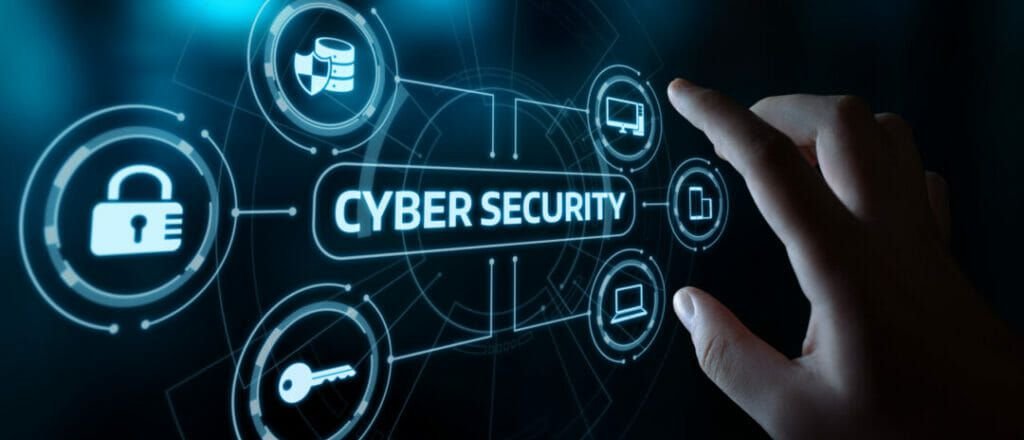Key considerations and design principles for information security courses
There are a few key things to keep in mind regarding information security courses. Security is an essential aspect of any corporate, and employees who have taken information security courses will be better equipped to protect their company’s data. This blog post will discuss some of the critical considerations and design principles for information security courses.
Cybercrime has become an increasingly common occurrence, with more than 100 million people in the UK potentially affected by it each year.
What to consider when designing information security courses?
- Consider the audience: who will be taking the course? What are their backgrounds and knowledge levels?
- Design for different learning styles: visual, auditory, kinesthetic
- Make use of real-world examples and case studies
- Incorporate hands-on exercises and labs whenever possible
- Provide students with opportunities to practice what they’ve learned
- Use a range of assessment approaches to measuring student understanding
- Make sure the course content is up-to-date and relevant
Fundamental design principles for information security courses in 2022 include:
- Emphasizing hands-on learning whenever possible
- Incorporating real-world scenarios into the course content
- Focusing on practical skills rather than theoretical concepts
- Offering a variety of training options, including online and in-person courses
The information security industry is constantly changing, and educators need to keep up with these changes to receive education relevant to their needs. As the field evolves, our courses must evolve as well!
Implementing information security courses in your institution
First, you need to understand the game’s rules and learn how each piece moves on the board. Then, you’ll have to develop strategies for winning by creating effective attacks and defending against potential threats coming from external and internal sources.
When creating your information security courses, it’s essential to keep the following design elements in mind:
- Collaborative learning – Students need to be engaged with one another and have opportunities for peer-to-peer feedback. It can include group discussions, role plays, or presentations where they share ideas and work together on projects and activities like breakout rooms during online classes
- Technology-rich learning environment – To keep up with the ever-changing landscape of information security, your courses need to be updated regularly and made available in multiple formats so that students can access them anytime, anywhere.
- Flexible learning – Students should be able to choose the way they learn best, whether that’s through self-paced online courses, traditional in-person classes, or a blended approach that combines both.
- Supportive faculty – It is essential to have instructors knowledgeable about information security to help students apply what they learn in everyday life.
The final consideration is ensuring that your institution has a policy for handling information security incidents. This document will spell out what steps you should take when an incident occurs and who is responsible for each step.
Discover cyber security certifications online with Imarticus Learning
The certified ethical hacker course collaborates with industry leaders to give aspiring cybersecurity professionals the most satisfactory learning experience possible. This intensive 6-month curriculum will prepare students for Cybersecurity Analyst, Penetration Tester, Incident Handler, and SOC team member.
Course Benefits For Learners:
- Students will dig deep into ethical hacking and penetration testing throughout the cyber security course with rigorous lab sessions on real-world situations.
- Students will also learn how to handle incidents and receive intensive training to become SOC team specialists.
- Our professional instructors will provide hands-on training in security procedures, tools, software, and methodologies.
Contact us through chat support, or drive to our training centers in Mumbai, Thane, Pune, Chennai, Bengaluru, Delhi, and Gurgaon.
Related Articles:
Reasons Why Learners Should Opt For Ethical Hacking Training Online
Most Valuable Security Engineering Skills To Learn In 2022
Cyber Security Training Online: 6 Ways To Keep Your Personal Information Safe



